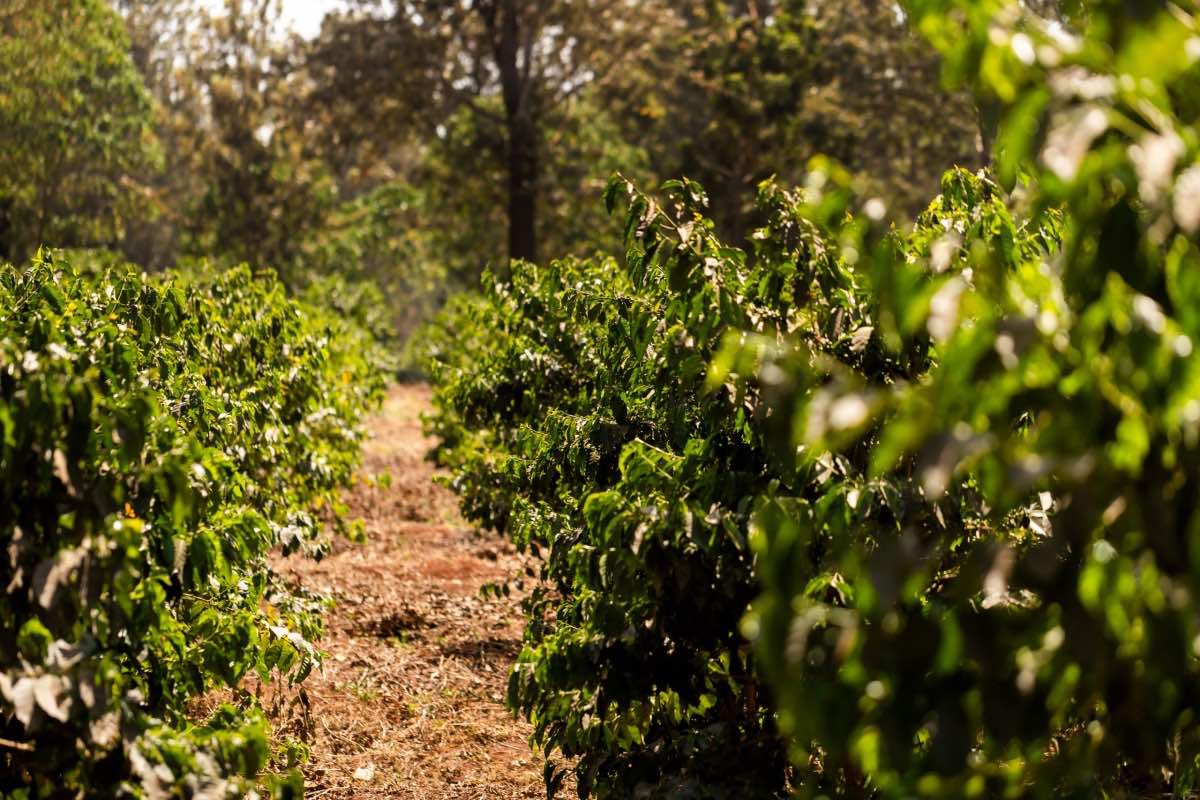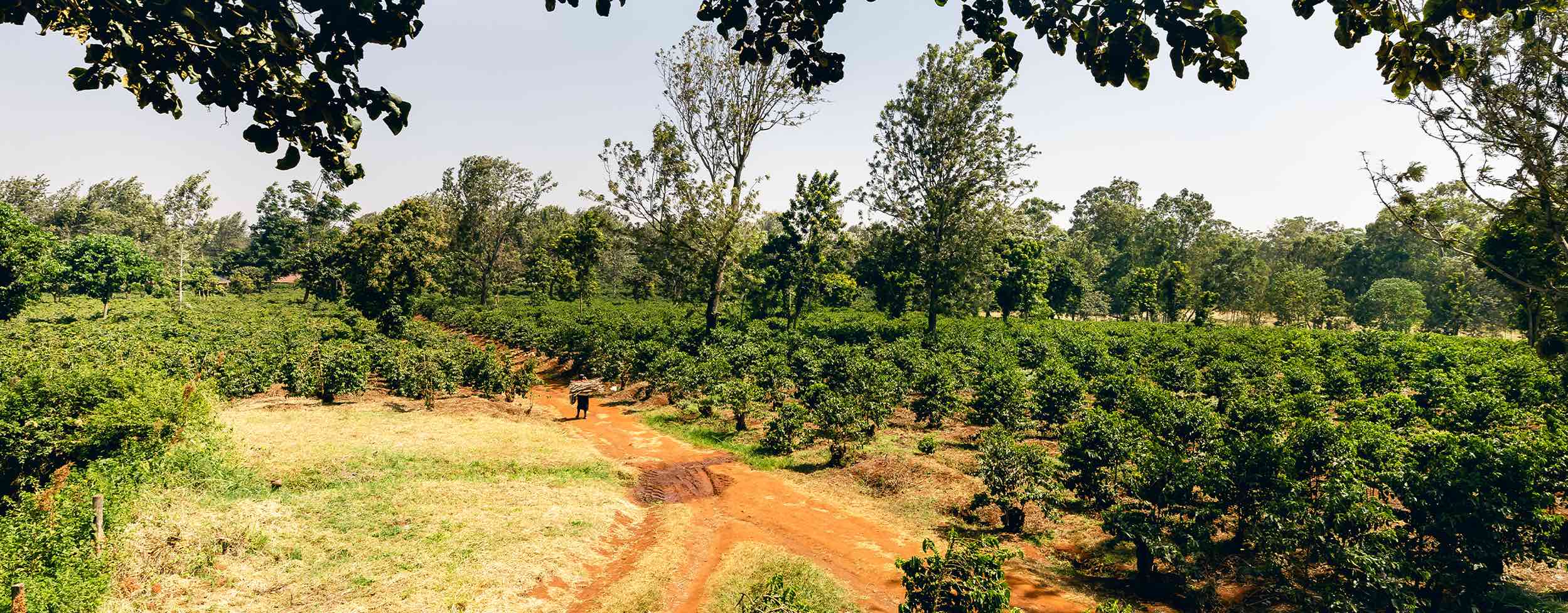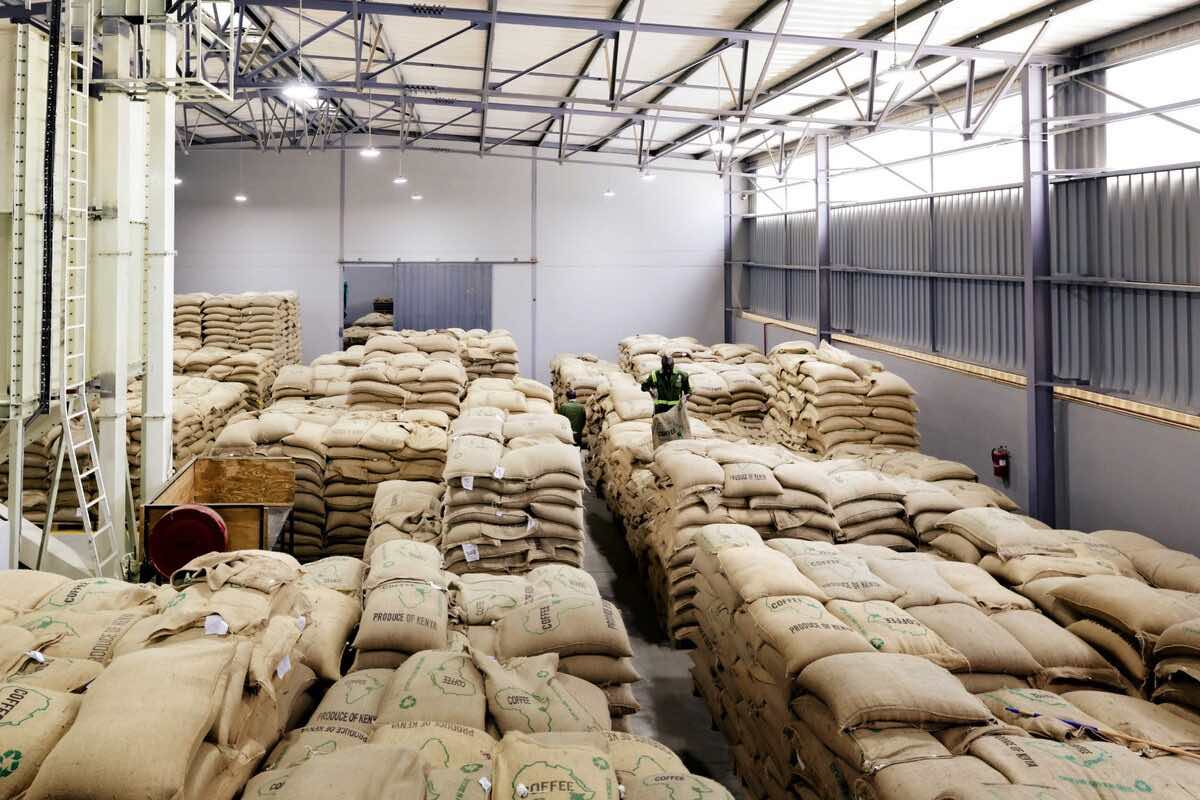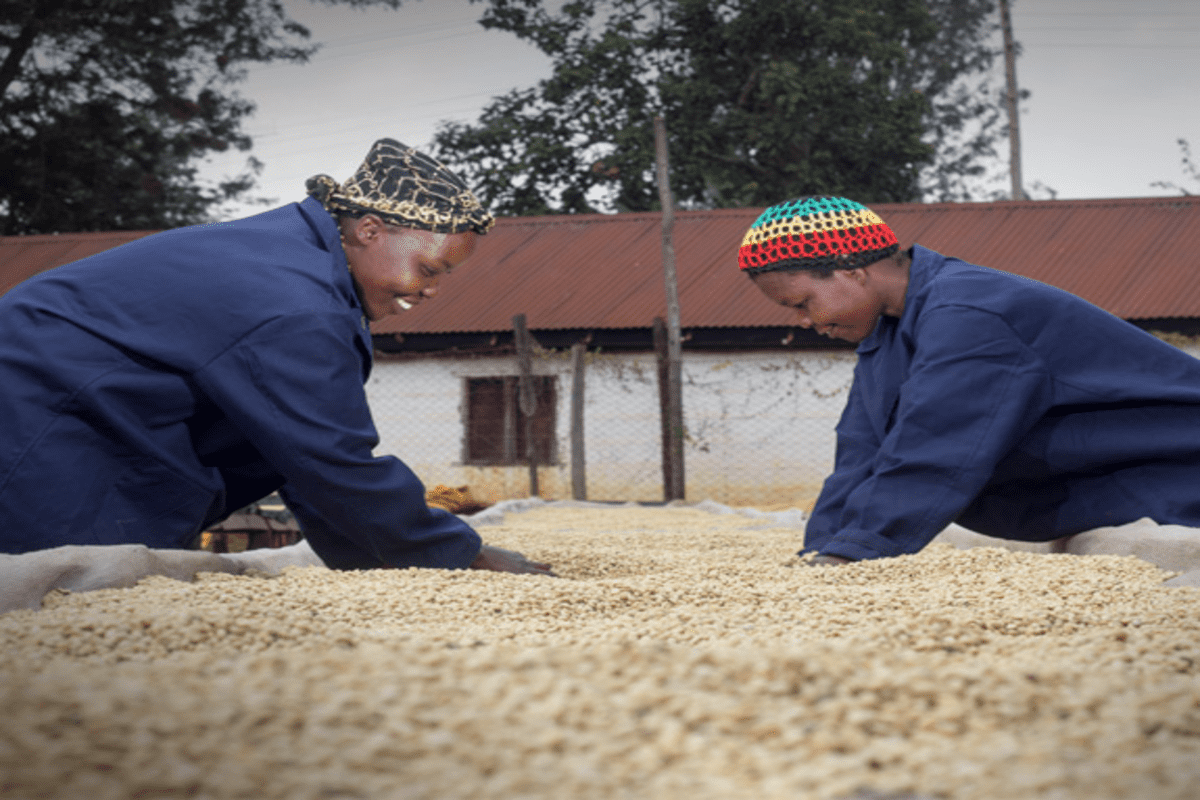
Regenerative Agriculture in Coffee Farming
Introduction:
Regenerative agriculture has emerged as a beacon of hope in the world of specialty coffee farming, promising to restore soil health and reverse biodiversity loss. However, amidst its noble intentions, the concept remains difficult to define, encompassing a range of practices aimed at sustainable farming.
The Potential in Coffee Farming
Advocates of regenerative agriculture believe that it not only enhances soil health and biodiversity but also increases farm productivity and resilience. By reducing the reliance on costly inputs and embracing sustainable practices like biochar usage, coffee farmers can achieve higher yields and improved incomes.
Investment in Research and Development
Recognizing the potential benefits of regenerative agriculture, agricultural research institutions, NGOs, and private companies are investing in research and development tailored to the needs of coffee farmers. This includes advancements in soil health, agroforestry systems, and climate-smart agriculture.
A Smart Business Move
Beyond its environmental benefits, the concept of Regenerative Agriculture is proving to be a smart business move for coffee companies. With growing consumer demand for sustainably produced coffee, companies like Nestlé and Walmart are investing in regenerative agriculture to enhance brand reputation and meet market trends.
Success Stories in Regenerative Coffee Farming
Companies like Purity Coffee are already reaping the rewards of embracing regenerative agriculture. By providing consumers with healthier coffee options sourced from organic and regenerative farms, they’ve seen significant investment returns and increased brand loyalty.
The Challenges and Ambiguities
Despite its transformative potential, it faces challenges in measurement and evaluation. Loosely defined indicators make it difficult to quantify success, leading to transparency issues among agri-food companies.
Conclusion:
While the concept of (RA) in coffee farming is still relatively new, its transformative potential cannot be overstated. By fostering soil health, biodiversity, and community resilience, regenerative agriculture offers a promising path towards a more sustainable coffee industry.
With a commitment to embracing its practices, companies cannot only meet consumer demand for sustainable coffee but also contribute to the long-term health and resilience of coffee farming communities worldwide. Join us on this journey towards a brighter, more sustainable future for coffee farming.
Source : Coffee Intelligence






